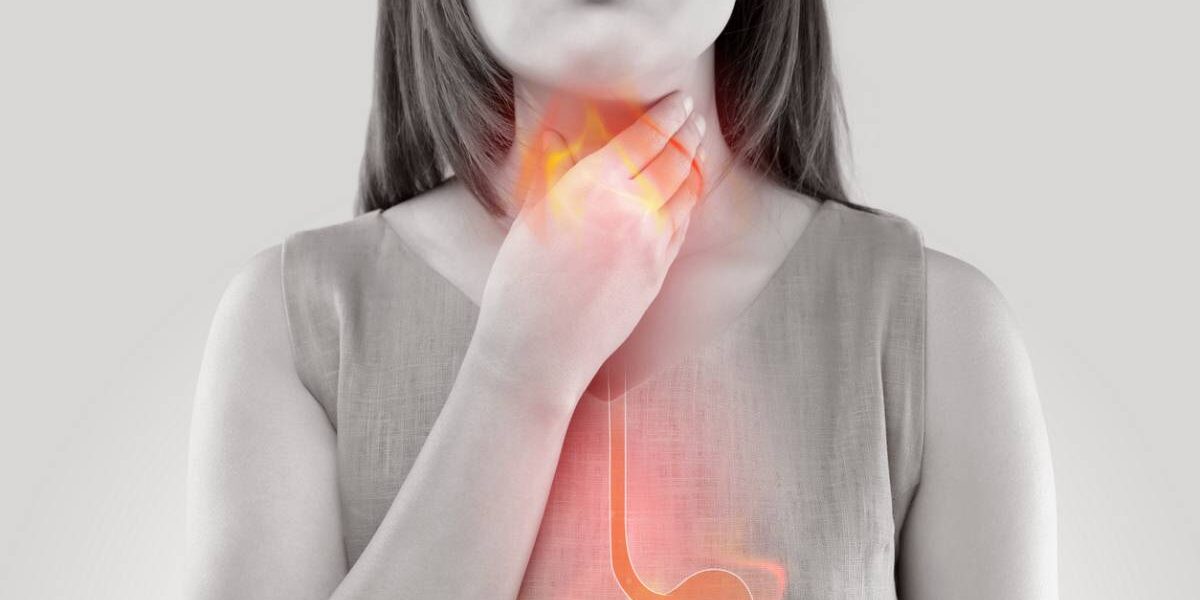If you have ever had the uncomfortable experience of acid reflux, you may know what it feels like to have GERD. It is usually older adults who complain of heartburn, but Gastroesophageal Reflux Disease (GERD) is not exclusively an adult disease.
Can young adults have GERD, though?
For young people with GERD, the symptoms may even be more severe. If you are in Los Angeles and need help managing your GERD, don’t hesitate to see a gastroenterologist in Los Angeles today. Below, we will talk more about GERD and why people of all ages are susceptible.
What Is GERD?
Gastroesophageal reflux occurs when the esophagus is irritated by stomach acid or food rising from the stomach. This feeling is also called heartburn. People experiencing GERD struggle with a burning sensation and pain throughout not only the chest but also the neck and throat. GERD is a disease where GER is occurring at least twice every week. This rate of irritation to your esophagus can lead to permanent damage.
Risk Factors for GERD
Some medical conditions can put you at a higher risk of developing GERD. These risk factors include obesity, pregnancy, and connective tissue disorders. GERD can also occur when your stomach is not emptied regularly.
If you already have GERD, there are activities that can make your symptoms worse. These include smoking, eating large meals, eating too late at night, eating foods that trigger reflux, consuming drinks that trigger reflux, and taking certain medications. Because many young people have habits that aggravate GERD (such as eating junk food late at night), they may face a higher risk of severe damage.
Dangers of GERD for Young Adults
GERD is especially dangerous for young adults. They are likely to suffer for long periods of time without proper treatment. They are also at increased risk because the overall risk of complications increases the longer a patient has GERD. If GERD isn’t treated well, your esophagus can become inflamed, develop ulcers, or become permanently narrower.
Diagnosing GERD
If you suspect you are experiencing GERD and live in LA, it’s never too soon to make an appointment with your gastroenterologist. Some common GERD tests that your gastroenterologist might order include:
- A gastric emptying scan, which shows how quickly the patient’s stomach empties after the patient consumes a tracking device.
- Upper GI radiology, which means an X-ray is taken of the esophagus. After you swallow a thick liquid called barium, the X-ray can show how the liquid backs up and irritates your esophagus.
- An upper endoscopy, where a tiny camera is used to examine the esophagus, stomach, and some of your small intestine. Sometimes an endoscopy also involves an esophageal biopsy, where a small sample of your esophageal tissue is removed for analysis.
- A 24-hour impedance-ph probe study, which is a procedure where a tube is inserted through the nose and into your esophagus. The tip of the tube measures the acid levels in your esophagus over the course of 24 hours.
Treating Your GERD
If your GERD has been caught early, you can simply adapt your lifestyle to avoid further damage. For example, quitting smoking, increasing exercise, and changing your diet will make a big difference.
If your GERD has been left untreated, you may need medication or surgery. Thankfully, surgery is rarely needed in young adults. Treatments for GERD include medicines that can decrease how much stomach acid you have as well as medicines that improve the function of your esophageal sphincter.
Talk About GERD With Your Specialist Today!
If you have questions or concerns about GERD, it’s best to speak with a professional. You may want to see a GERD specialist in Los Angeles and ask about your risks or treatment options. Get in touch with our professional team at the office of Dr. Tabib for fast and effective kidney treatment.



